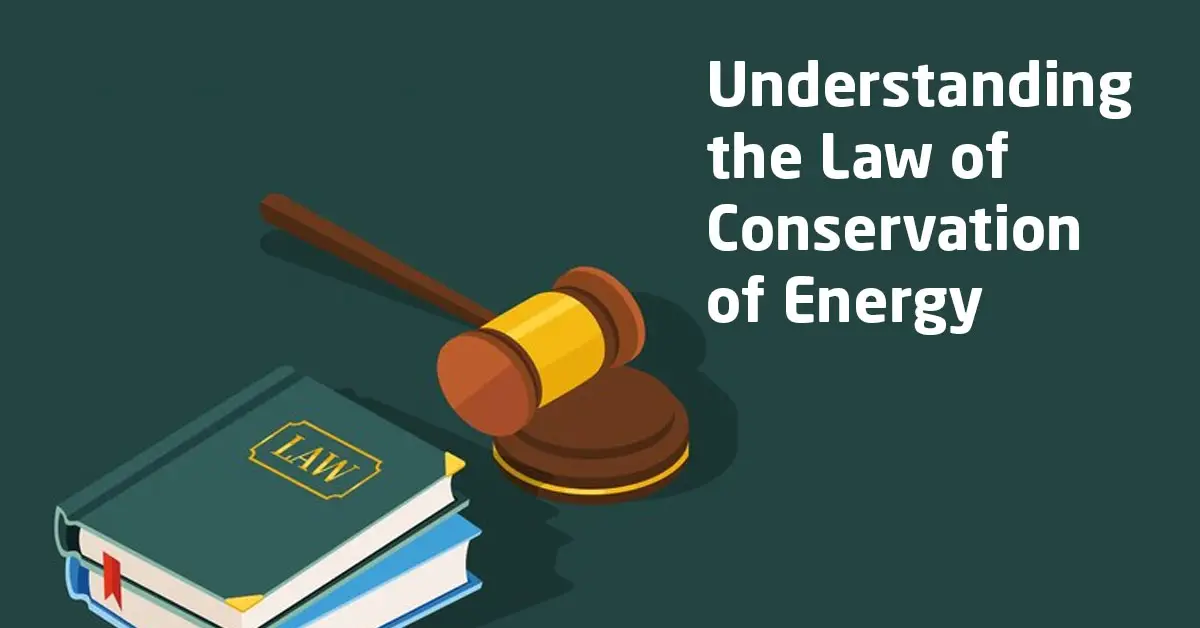The law of conservation of energy is a fundamental principle in physics that governs the behavior of energy within the universe. It states that energy cannot be created or destroyed but can only change forms or be transferred from one object to another.
This article explores the concept in detail, along with its implications and applications across various fields.
Explaining the Law of Conservation of Energy
According to the law of conservation of energy, the total energy of an isolated system remains constant over time. This means that energy can neither be created nor destroyed; instead, it undergoes transformations between different forms, such as potential, kinetic, thermal, and others. The essence of this law lies in the preservation of energy within a closed system.
Implications in Engineering and Technology
The law of conservation of energy serves as a foundational principle in engineering and technology. Engineers and designers rely on this concept to develop efficient systems and devices. By understanding how energy can be converted from one form to another, they can optimize the performance and sustainability of various technologies, including mechanical engines, electrical circuits, and renewable energy systems.
Environmental Conservation and Sustainability
In the realm of environmental conservation, the law of energy conservation plays a critical role. It provides a framework for analyzing energy transfer within ecosystems and understanding the impact of human activities on the environment. By applying the principles of energy conservation, scientists and policymakers can develop sustainable energy solutions and mitigate the adverse effects of resource exploitation and pollution.
Implications in Astrophysics and Cosmology
The law of conservation of energy has profound implications in astrophysics and cosmology. It helps scientists unravel the mysteries of the universe by providing insights into the behavior of celestial bodies and the dynamics of cosmic phenomena. From the formation of galaxies to the evolution of stars, energy conservation principles guide our understanding of the cosmos on a grand scale.
Conclusion
In conclusion, the law of conservation of energy is a fundamental concept that permeates various disciplines, from physics and engineering to environmental science and astrophysics. Its universality underscores its importance as a guiding principle in our quest to understand the natural world and the cosmos. By embracing the principles of energy conservation, we can strive towards a more sustainable and harmonious relationship with the environment and the universe at large.
FAQs:
Q: What is the law of conservation of energy? A: The law states that energy cannot be created or destroyed but can only change forms or be transferred between objects.
Q: How does the law of conservation of energy affect engineering and technology? A: It serves as a foundational principle in optimizing the efficiency and performance of various systems and devices.
Q: What role does the law of conservation of energy play in environmental conservation? A: It helps analyze energy transfer in ecosystems, develop sustainable energy sources, and mitigate environmental impact.
Q: What are the implications of the law of conservation of energy in astrophysics and cosmology? A: It aids in understanding celestial dynamics, cosmic phenomena, and the evolution of the universe on a grand scale.

